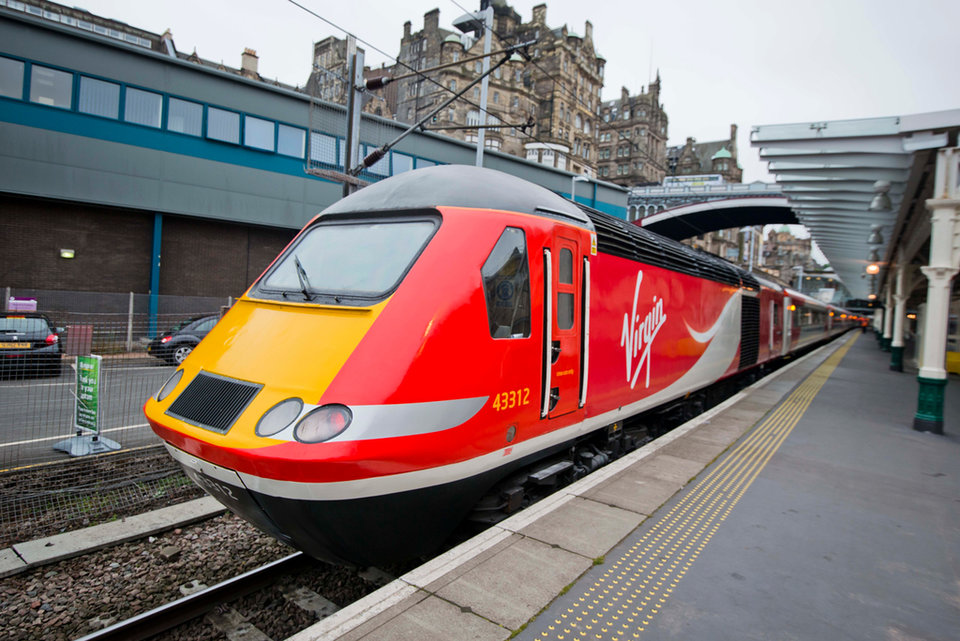Just one person had been behind a series of 125 claims under the national Delay Repay scheme
Fraudsters cheating the system
In July 2019, London North East Railway (LNER) discovered that just one single person had been behind a series of 125 claims under the national Delay Repay scheme.
When passengers are delayed more than 15 minutes they are eligible to apply for compensation through Delay Repay, as long as it the problem is not due to engineering works and the claim is made is within 28 days of the journey.

As rail travel has increased in demand, so have the number of delays, overall only 87.7% of journeys arrived on time in 2018 to 2019. Image: Chris Yang
The scam led to pay outs of more than £39,000 and an eventual prosecution of ten months’ imprisonment (suspended sentence) as well as 150 hours of unpaid work, a six-month curfew and £2,500 fine.
After the fraud protection manager noticed a sharp rise in the number of claims made by PayPal, an investigation showed that 47-year-old Gary Thompson was responsible. He had created 125 different identities and used Photoshop to manipulate evidence to exploit the system.
Earlier in May 2019, a business consultant from Hove in East Sussex was prosecuted for making fraudulent Delay Replay claims to Thameslink Railway for £2,136. The investigation exposed 49-year-old Kristin Magnuson for claiming compensation on journeys she did not make while strikes affected the service on the London to Brighton line.
One-third of passengers not claiming compensation
Yet two months earlier, a BBC report revealed how passengers were actually missing out on what would be justified compensation claims because the amount of information required to make a claim was too big.
Independent transport watchdog Transport Focus estimates that “only 35% of rail passengers are claiming money they are due for delayed train services” and “missing out on up to £100 million a year that they could claim in compensation”.
The reason many don’t claim, a Department for Transport report found, is because if the ticket price is low and the length of the delay is short the application process for compensation is considered “not worth the effort”.
Consumer group Which carried out a study and found that 60% of 3,070 passengers who knew they could make a claim didn’t. It also revealed that passengers need to submit up to 24 pieces of information to make a claim and after launching a Train Pain campaign created a Rail Ombudsman in November 2018. Approved by the Chartered Institute of Trading standards it helps passengers to resolve complaints with rail companies.
When the Department for Transport released information that compensation has risen by 80% in the two years to October 2018, it also announced new measures that would require train companies to offer more automated “one-click” claims process.
Only 35% of rail passengers are claiming money they are due for delayed train services
Machine-learning has slashed the time Virgin Trains’ fraud team spends to reach complex case management decisions
Technology detecting criminal activity
Despite efforts to improve the claims process, rail fraud technology firm UP3 says that £150m is paid out each year in compensation for delayed train journeys. The company estimates that up to 30% of claims are fraudulent with most identified by “high-frequency claimants and impossible journeys”.
But UP3’s software solution, AP3, uses 20 elements which they claim can identify around 80% of fraudulent activity. The application includes a Journey Validator, which immediately confirms if the journey was delayed or not, and can compare an individual’s claims against consumer journey patterns and the distance to their home from the station.

Virgin. Caption: Virgin Trains receives 450,000 claims a year, 80% related to refund requests for disrupted services. Image: Virgin Trains
The platform digitalises and personalises the rail experience for passengers and brings service improvements to IT, HR, finance and legal operations.
Virgin Trains uses UP3’s software, AP3, as part of the train company’s ServiceNow solution. ServiceNow went into operation in 2016 and has impacted many areas including frontline business and customer services.
According to a Workflow article, Virgin Trains receives 450,000 claims a year, 80% related to refund requests for disrupted services. It goes on to explain that the machine-learning system has slashed “the time Virgin Trains’ fraud team spends to reach complex case management decisions by 95%, down 20 minutes on average”.
A success, UP3 was awarded the Best Newcomer award at the Retail Risk Fraud Awards. At the UK IT Industry Awards 2018, Virgin Trains were awarded IT Team of the Year.
“For the first time we can detect fraudulent activity as it is happening and prevent that money from walking out the door,” said Mick O’Brien, fraud manager of Virgin Trains.